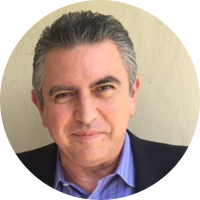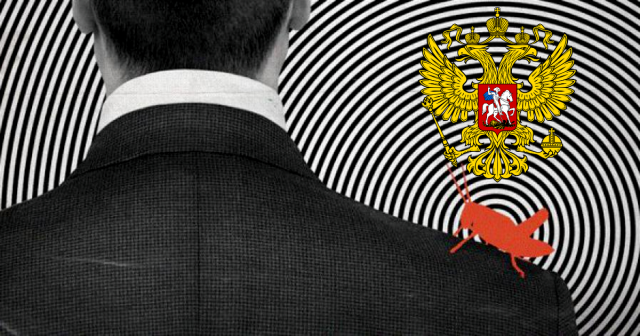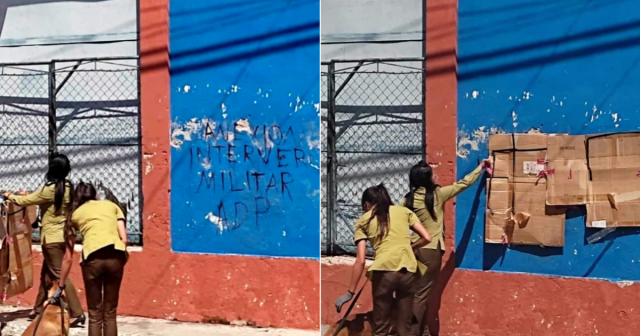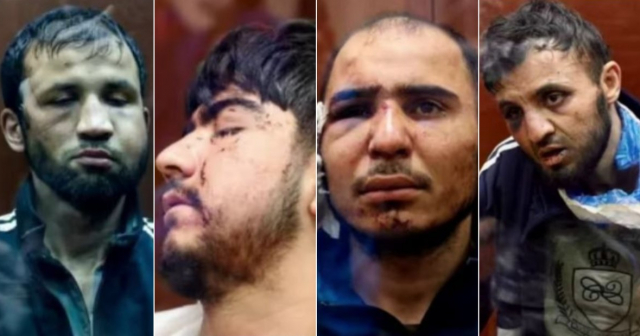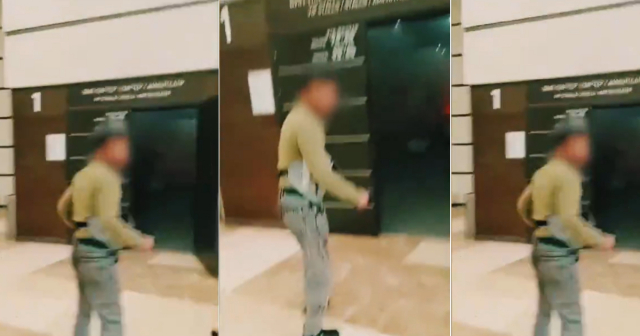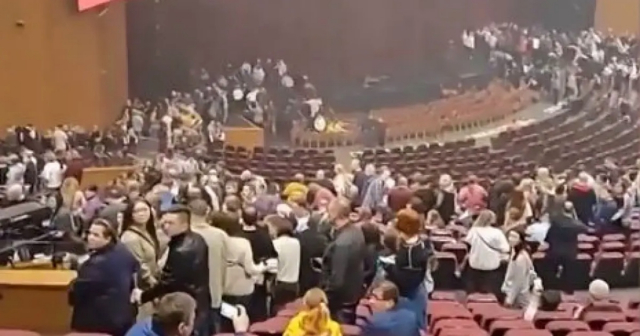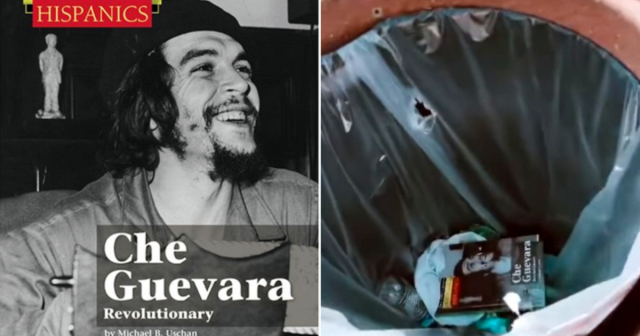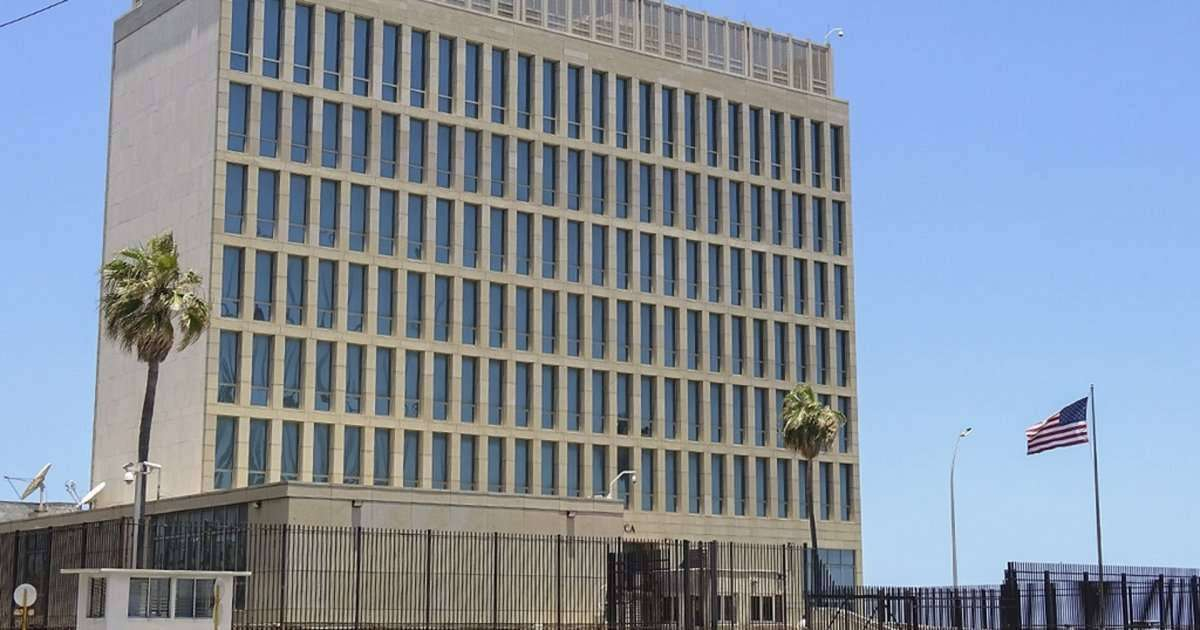
Delegations of Cuba andUSA held this weektwo days of talks in Havana on the “confrontation with terrorism”, which included topics such as the theft of small planes and boats to escape the country as well as the use of social networks for the purposes of social unrest.
The meeting that the Cuban authorities described as “a technical exchange” took place on April 27 and 28, according to astatement from the Ministry of the Interior (MININT) read on the National Television News. There was no prior announcement about the meeting by either party.
This Saturday a source in Washington confirmed to CyberCuba holding the meeting “as part of bilateral contacts on matters of common interest,” but declined to give more details. HeDepartment of State has not reported on the meeting.
According to the MININT note, the authorities of Cuba and the United States spoke “about cooperation for the"confronting terrorism, including the hijacking of aircraft and maritime vessels and the use of digital networks for violent purposes.".
The information added that the meeting continuedwhat was agreed in the bilateral dialogue on law enforcement and enforcement, which also met in Havana on the 18th and 19th of last January. The callLaw Enforcement Dialogue was implemented in 2015 after the reestablishment of diplomatic relations between the two countries, but it had been interrupted in 2018.
The Cuban delegation was made up of representatives of the MININT, theMinistry of Foreign Affairs (MINREX), the Attorney General's Office of the Republic and the General Customs of the Republic, while for the officials from the departments of Justice, State and Homeland Security (DHS) participated on the US side., as well as diplomats from theAmerican Embassy.
As happened in the immigration talks in Washington, last January, the Cuban representation once again slipped the case ofAN-2 light plane, in which the pilot Rubén Martínez Machado escaped headed to Florida last October and later received political asylum.
This week officials from the Department of Immigration and Citizenship (USCIS) approved the credible fear interview oftwo Cuban paragliding pilots who arrived on a motorized hang glider at the Key West airport, on March 25.
The statement made general reference to hijacked “aircraft and maritime vessels,” as well as the “use of digital networks for violent purposes.”
“Both parties agreed on the importance of cooperation in this sphere, and agreed to continue the technical meetings,” added the statement, which indicated that the Cuban delegation insisted on questioning Cuba's permanence on the list of countries sponsoring terrorism.
"Although the United States government arbitrarily and unjustifiably accuses Cuba of sponsoring terrorism, the realization of this exchange is an expression of the commitment of the Cuban government in the fight against this scourge, and of the determination to take all steps necessary to combat their perpetrators; "It does not contradict the most absolute rejection of the list issued by the State Department on this issue, which was duly recorded at the meeting."
The inclusion of Cuba on the “black list” of sponsors of terrorism continues to be the main obstacle to negotiations between Havana and Washington, which insists onprotection of the fundamental rights of Cuban citizens and the release of political prisoners on the island. Recently, Secretary of State Antony Blinken reaffirmed in a congressional hearing thatThe United States does not plan to remove Cuba from the list to which it was returned by the Donald Trump administration in January 2021.
“The Cuban government must take consistent steps and release the prisoners of 11-J [protesters on July 11, 2021] to be able to direct better bilateral relations, which are not only in the interest of the government but also of the Cuban nation and its community abroad,” said former congressman Joe García, a figure of the Democratic Party in Florida. "It's something I've asked directly from government figures."
The Cuba-USA “technical exchange” this week coincided with a meeting held between the ruler Miguel Díaz-Canel and other members of the power leadership with the highest representatives of theConference of Catholic Bishops of Cuba (COCC). The dialogue between Díaz-Canel took place on Wednesday at the Palace of the Revolution andEcclesiastical sources confirmed that they had discussed the situation of political prisoners and that the "door was left open for an amnesty."
“I don't know if this coincidence was coincidental or not, but what is evident is that everyone is asking the same thing,” García said.
What do you think?
SEE COMMENTS (16)Filed in:
